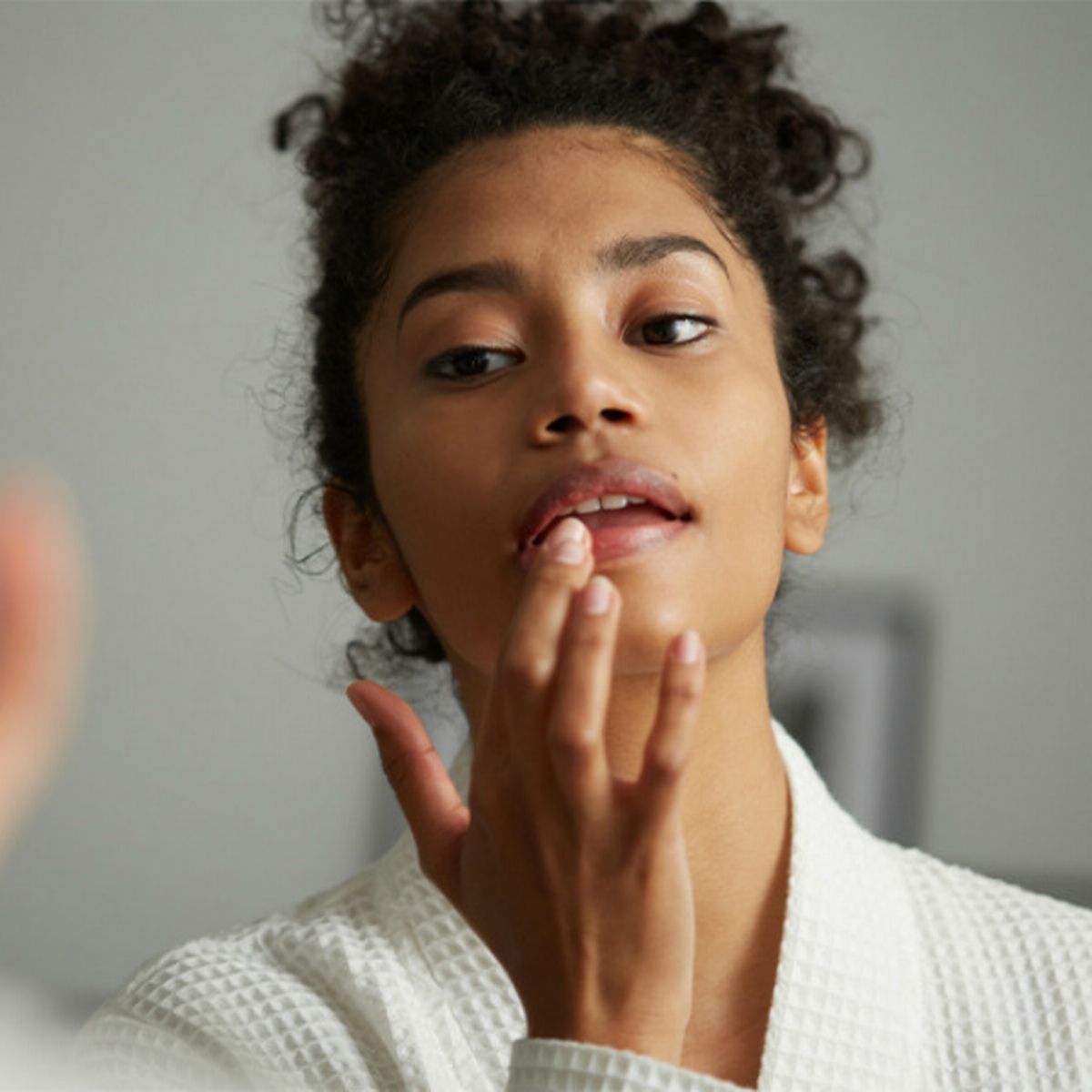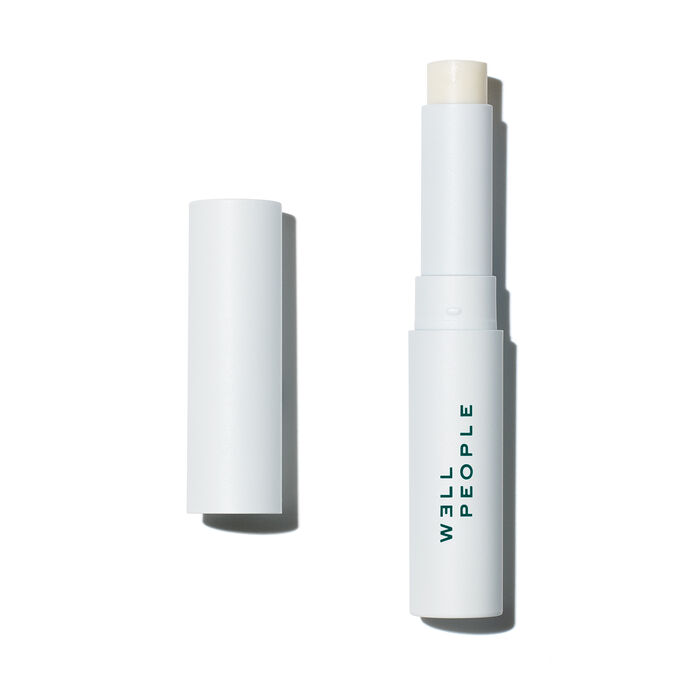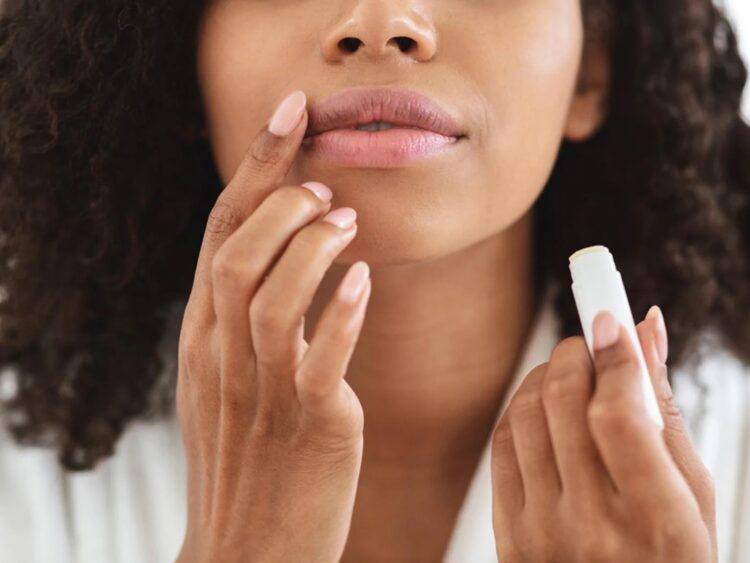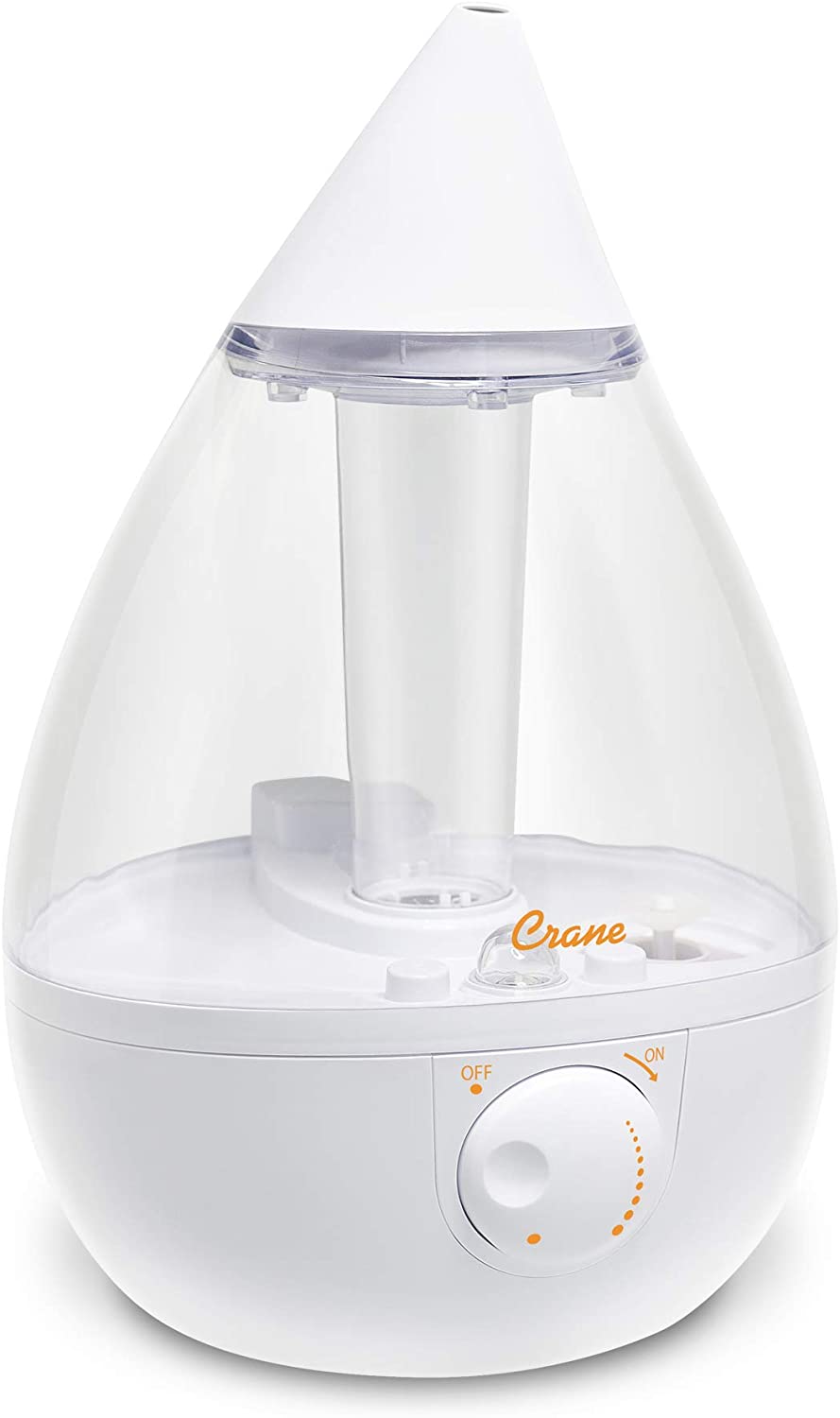Ever re-applied lip balm all week long, only to realize that your pout’s still chapped, flaky, and as dry as the Chalbi desert? You’re not alone, sis. There’s a persuasive argument on social media that lip balm can actually make your lips flakier and drier.
Most Vaseline-swearing babes call it a “lip balm addiction”: your puckers get dry, you apply your go-to lip treatment, only to find your lips chapped and more dehydrated than before, so you keep re-applying (over and over and over again) – and the lips-destroying cycle continues.
This results in you questioning all your lip-hydrating techniques and cursing your ancestors for giving you lip-chapping issues.
Babe, it’s not you – just your product of choice. And here are all the reasons why:
So, Is Lip Balm Making Your Dry, Flaky, Chapped Lips Worse?
@denverskindoc As a derm I recommend avoiding menthol, camphor, benzocaine or beeswax containing lip balms. Just use plain Vaseline! Patients often develop an allergy to these ingredients which makes their lips stay chapped. #lipcare #chappedlips #lipbalm #dermhacks #imtheproblem #midnights ♬ Anti-Hero – Taylor Swift
According to TikTok’s favorite dermatologist, Dr. Scott Walter, yes. Or is it a strong, maybe?
In a recent viral video, he posted and captioned, “why your lips always stay chapped” the skincare expert dropped some gems on his followers by claiming that most beauty buffs develop an allergy to certain lip balm ingredients, which keep their pout in chapped-lip purgatory.
Common culprits include benzocaine, beeswax, camphor, and menthol. Whaaat? Yeah, we know. Aren’t these ingredients supposed to soothe sore, dry lips (especially when it comes to beeswax and menthol? Apparently not.
More on that below.
Which Lip Balms Should You Avoid?

According to board-certified dermatologist Hadley King, most lip balms contain cooling, exfoliating, or plumping players. But some of the lip balm elements can make chapped lips problems more enhanced. Enter the aforementioned ingredients – benzocaine, camphor, menthol, and phenol.
And while they initially help cool and soothe your pout, some of these ingredients evaporate quickly, needing you to reapply if you haven’t been subscribing to suitable emollients and occlusive.
Similarly, watch out for lanolin, oxybenzone, phenyl, and salicylic acid. These are sometimes added as an exfoliant – to buff out dry, flaky skin, but since lips are sensitive, repeated use can leave your lips unprotected and susceptible to damage.
As for lip plumpers, most products contain spicy, heat-triggering essential oils (like cinnamon oil) to stimulate blood vessels and cause them to look “swollen” – what many term as a plumper pout. But these oils can also trigger irritation or cause contact dermatitis for sensitive skin types.
Last but not least, the American Academy of Dermatology Association (AAD) warns against using humectants such as hyaluronic acid (cue in the gasps). While the water-loving ingredient is lauded for boosting firmness and bounce, it can also backfire on you like bad guacamole.
Typically, hyaluronic acid attracts moisture, but when the humidity levels are low, the element pulls out water, and then the moisture evaporates, triggering cracked lips.
Okay, So, What Should You Use Instead?

Dr. Scott said the perfect lip balm should contain ingredients such as – ceramides, coconut oil, mineral oil, murumuru butter, olive oil, and white petroleum jelly. They keep moisture under lock and key and prevent chapped, dry lips.
Cocoa and shea butters are also incredible since they’re rich in fatty acids and vitamins that triple hydration and act as an anti-inflammatory agent. They can even help shield you from dry air, winds, and cold temperatures.
And the products that contain such lip-loving ingredients? Vaseline’s Lip Therapy line ($10), Kiehl’s Lip Balm ($10), Eucerin Dry Skin Intensive Lip Balm ($7), and the Laneige Lip Sleeping Mask ($24).
Better And More Natural Ways Of Hydrating Your Lips
Apart from frequently applying (zero menthols, camphor, and benzocaine) lip balms, there are some steps you can take to give your pout some much-needed TLC this season:
Chug Your Water, Boo!

This is a no-brainer. Water hydrates your body (yes, including the lips) and keeps you feeling happy. So, ensure you take at least one gallon of water daily – like Ms. Gabrielle Union to prevent chapping and flaking.
Watch What You Eat
Like in your fitness journey, certain foods can affect your lip health, so being mindful of what you eat is helpful. Dr. Scott suggests avoiding irritants such as saucy, salty, spicy, and sour foods – they break down your lip skin barrier and worsen your chapped lips.
Humidifiers For The Win
Not that all humidifiers are super loud, but this Crane Drop Ultrasonic Cool Mist Humidifier ($40) option, is exceptionally whisper-quiet and distributes mist in any direction you want. It helps prevent moisture loss from your skin and lips.
Still Licking Your Lips? Really?
This is just a bad habit. So, avoid it! The vicious cycle of hydration-evaporation leaves your lips worse off and leaves you looking ashy.
SPF Is Non-Negotiable – Even For Your Lips

We know, we know. It’s getting rather ridiculous. SPF for the face, body, scalp, and now lips? What’s next? Your nails? Maybe. But it’s a proven fact. SPF 15 or higher prevents burns, chapping, and evaporation of moisture. This W3ll People Lip Butter SPF 15 Tinted Balm ($15) pick is an excellent place to start.
Essential Oils Are A Gem
If you’re scared of dabbing on your favorite lip balm, essential oils such as carrot seed oil and lavender oil are loaded with skin-boosting elements that kick cracked lips out the door.
Please Note: You shouldn’t apply undiluted essential oils to your lips. You need to dilute them with natural oils such as coconut, jojoba, and olive oil to prevent irritating the delicate skin on your lips.









